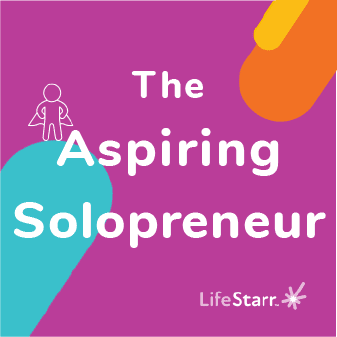Starting the New Year on the Right Foot: Engaging Your Team for Success
The start of a new year is a blank slate—a time to set the tone for what’s to come. For leaders, this is the perfect opportunity to energize your team, refocus priorities, and establish a culture of engagement and purpose. As we know from neuroscience, the beginning of any new cycle is a time when the brain is particularly receptive to change and inspiration. Leveraging this momentum effectively can set your team up for a successful and fulfilling year.
Engaged employees are not just more productive; they’re also more creative, collaborative, and resilient. Neuroscience shows us that engaged individuals experience a higher release of dopamine, the brain’s reward chemical, which reinforces motivation and satisfaction. They’re also more likely to enter a state of “flow,” where they are fully immersed and performing at their peak.
Disengagement, on the other hand, creates Stress and reduces Innovation. Leaders who prioritize engagement create an environment where people feel valued and invested, leading to better outcomes for everyone.
As a leader, your actions in the first weeks of the year can set the tone for the months ahead. Here are a few ways to create an atmosphere of excitement and purpose:
Here are some practical, science-backed methods to engage your team as you head into the new year:
The first few weeks of the year can also come with challenges—post-holiday fatigue, competing priorities, and a slow adjustment to routines. Address these head-on:
Engagement is not a one-time effort; it requires consistent nurturing. Neuroscience shows that habits formed through repetition become hardwired in the brain. Make engagement a cornerstone of your leadership by committing to ongoing Coaching, regular recognition, and a focus on personal and professional growth.
At Braintrust, we specialize in neuroscience-based strategies to help leaders create highly engaged, high-performing teams. Whether you’re looking to elevate your coaching skills, build stronger connections with your team, or develop a culture of purpose and trust, we’re here to help.
Visit braintrustgrowth.com to explore how our programs and resources can set your team up for a successful and fulfilling year. Let’s make this the year your leadership reaches new heights!
The post Starting the New Year on the Right Foot: Engaging Your Team for Success appeared first on Braintrust Growth.
I come from a large Italian family. I’m number seven in the line of ten kids!
When my dad passed away some years ago, I was fortunate enough to be there as the end was coming. I was standing just to the right of his hospital bed; he was lying there with his eyes closed. All of a sudden, Dad opens his eyes. He looks up at the ceiling with a look of peace – and maybe accomplishment – on his face. Then he closes his eyes for the last time. I guess out of instinct, I reached down and kissed him on that prickly cheek one last time. My dad left a legacy in that life well lived! A legacy based on three main principles: Family, Service, and Dedication. I do what I do to carry on that legacy to the best of my ability.
















































BabyBoomer.org is an online membership community created by and for the Baby Boomer Generation. Boomers, and those who service and support them, are welcome to join our community accessing all general topics.
Notifications
